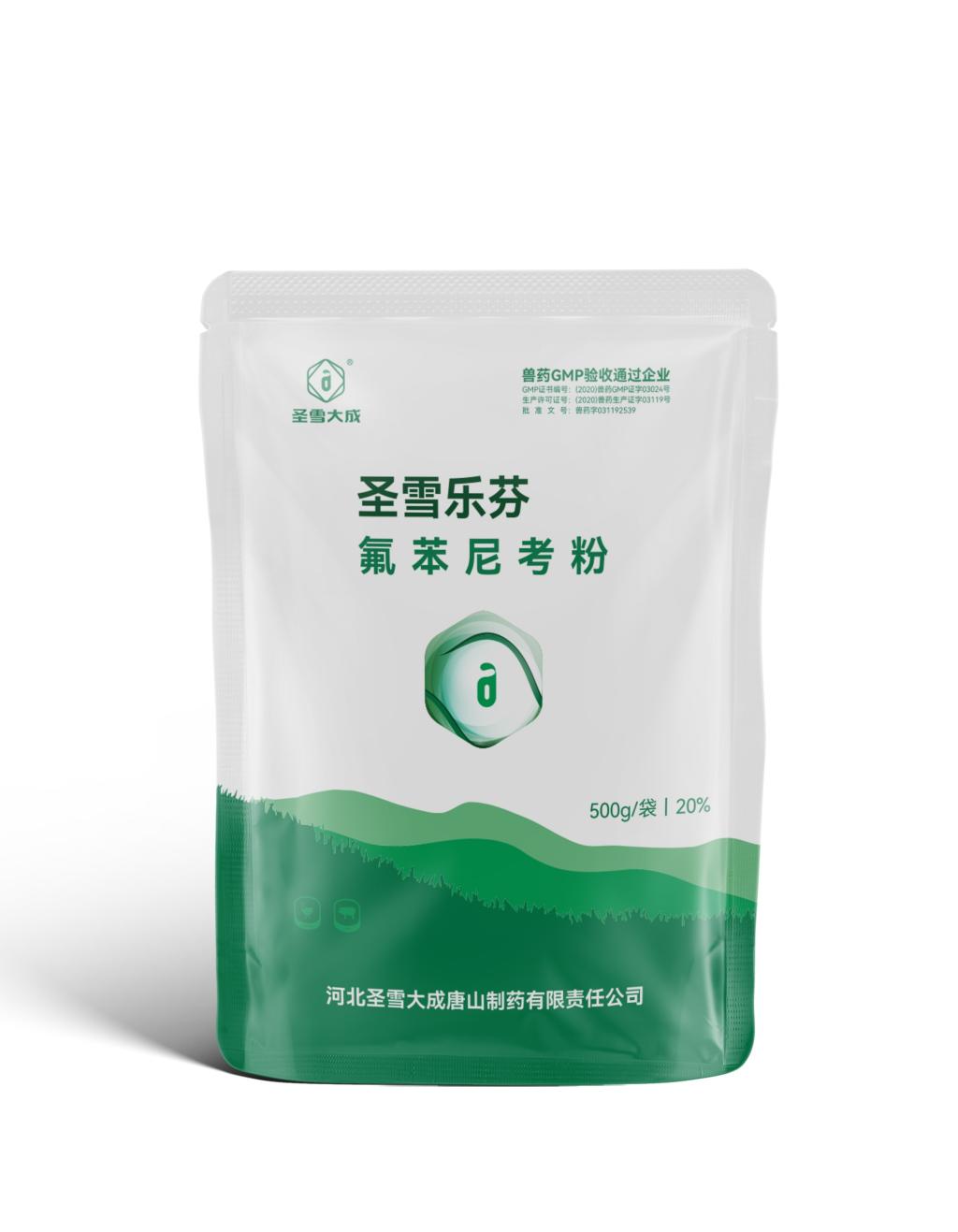Tel:+8618231198596

News
 CONTACT
CONTACT
 CONTACT
CONTACT
- Linkman:Linda Yao
- Tel: +8618231198596
- Email:linda.yao@dcpharma.cn
- Linkman:CHARLES.WANG
- Department:Overseas
- Tel: 0086 0311-85537378 0086 0311-85539701
News
The impact of Florfenicol Powder on wound healing processes is a subject of investigation.
TIME:2024-11-04
Understanding Wound Healing
Wound healing is a dynamic and multifaceted process that can be influenced by numerous factors, including the type of wound, the presence of infection, the animal’s overall health, and the treatment methods used. Infections can significantly impede healing, leading to delayed recovery and complications. Therefore, antibiotics play a critical role in managing wounds by preventing or treating infections, thereby facilitating the healing process.
Mechanisms of Action of Florfenicol
Florfenicol is a synthetic antibiotic structurally related to chloramphenicol. Its mechanism of action involves the inhibition of bacterial protein synthesis, which occurs through binding to the 50S ribosomal subunit of bacteria. This disruption halts bacterial growth and reproduction, effectively reducing microbial load in infected wounds. By controlling infection, florfenicol helps create a favorable environment for the subsequent phases of wound healing.
Potential Benefits of Florfenicol Powder in Wound Healing
Broad-Spectrum Activity: Florfenicol exhibits efficacy against a wide range of Gram-positive and Gram-negative bacteria, making it suitable for treating various types of wound infections. Its broad-spectrum nature is particularly beneficial in cases where the specific pathogen is unknown or where mixed infections are present.
Reduced Risk of Resistance: As florfenicol has a unique mechanism of action compared to traditional antibiotics, its use may help mitigate the development of antibiotic resistance. This is critical in veterinary medicine, where resistant infections can complicate treatment.
Enhanced Healing Environment: By effectively controlling bacterial growth, florfenicol can help maintain a clean wound environment. This is essential for promoting the transition from the inflammatory phase to the proliferative phase of healing, during which new tissue formation occurs.
Convenient Administration: Florfenicol powder can be easily mixed with food or administered as an injectable solution, allowing for flexible treatment options. This ease of administration can improve compliance in managing animal patients.
Considerations for Use
While the potential benefits of florfenicol in wound healing are promising, several considerations must be taken into account:
Veterinary Supervision: The use of florfenicol should always be guided by a veterinarian. Proper diagnosis and assessment of the wound are essential to determine the appropriateness of antibiotic therapy.
Potential Side Effects: Although generally well-tolerated, florfenicol may cause side effects, including gastrointestinal upset or allergic reactions. Monitoring during treatment is advisable to address any adverse effects promptly.
Regulatory Considerations: Florfenicol's use in food-producing animals is regulated in many regions to prevent antibiotic residues in meat products. Veterinarians must be aware of local guidelines regarding its application in such cases.
Complementary Therapies: While florfenicol is effective in managing infections, it should be used in conjunction with other wound care practices, such as cleaning, debridement, and proper bandaging, to optimize healing outcomes.
Conclusion
Florfenicol powder holds significant promise as an adjunctive treatment for enhancing wound healing processes in veterinary medicine. Its broad-spectrum antimicrobial activity and ability to control infection can create a favorable environment for healing. As research continues to explore its role in wound management, florfenicol may become an important tool for veterinarians in promoting optimal recovery in companion animals. Ultimately, its use should be guided by veterinary expertise to ensure effective and safe treatment outcomes.
- Tel:+8618231198596
- Whatsapp:18231198596
- Chat With Skype







